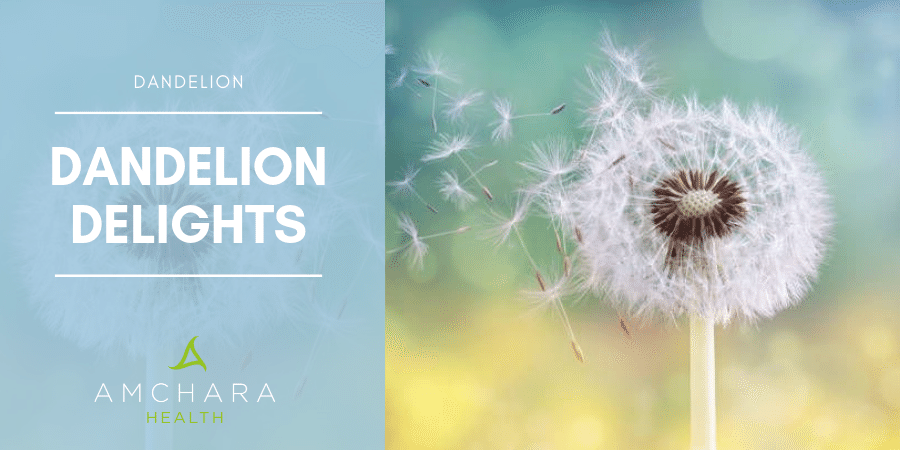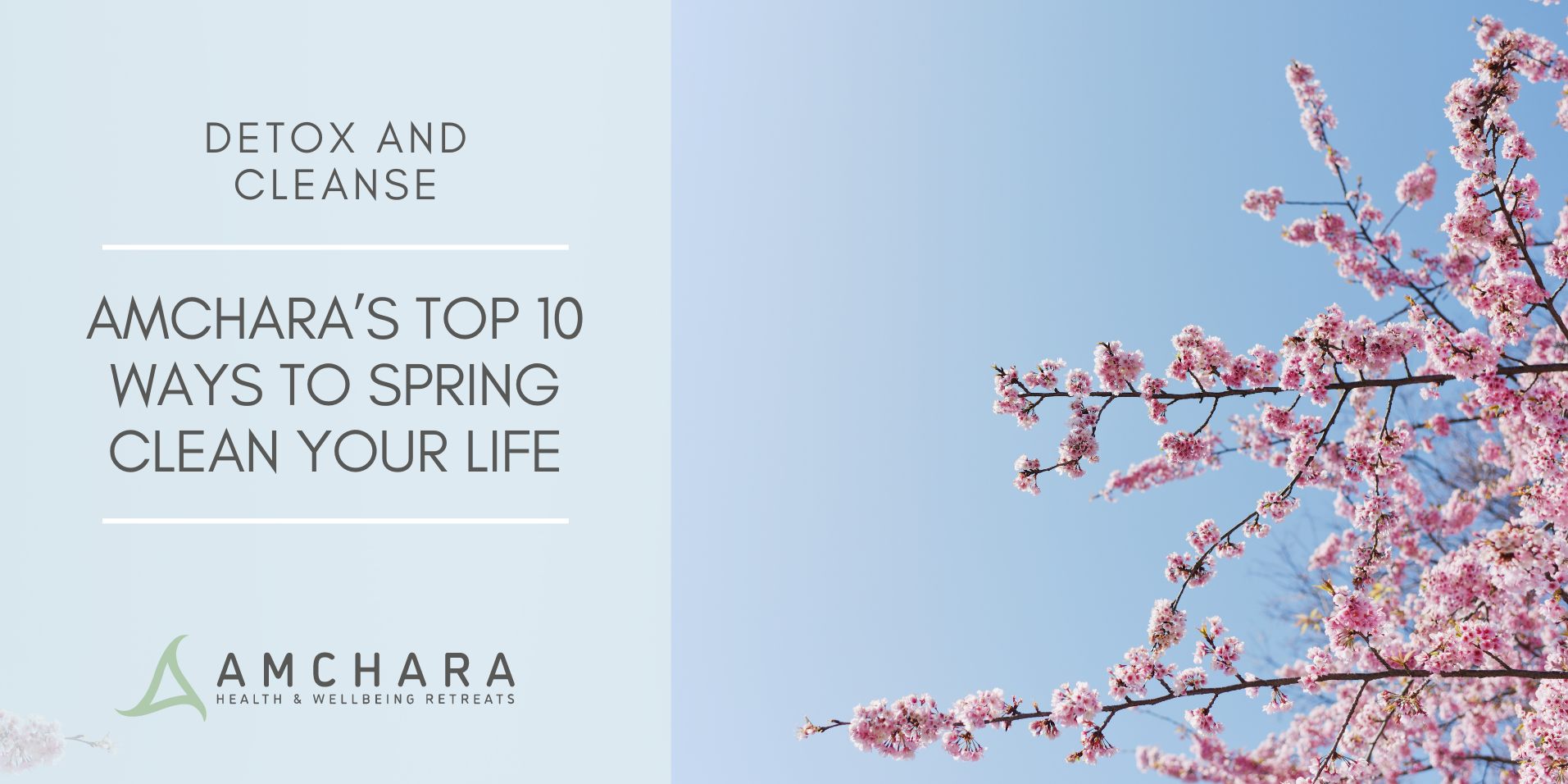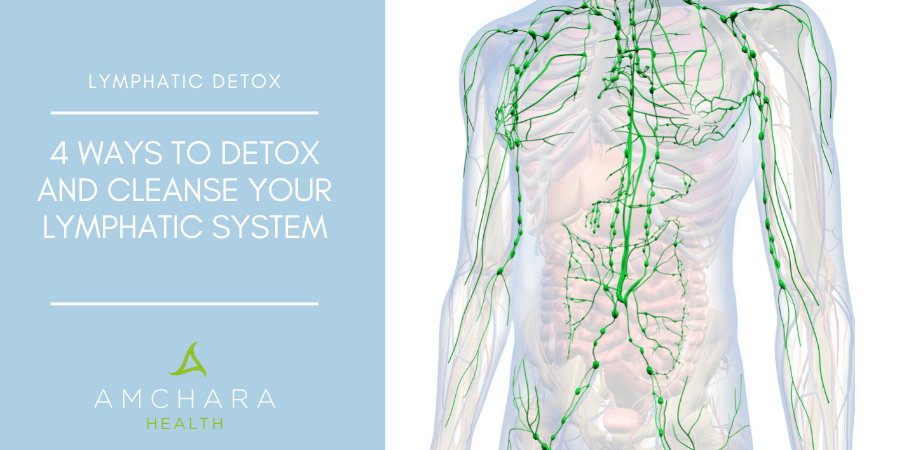Dandelion is commonly referred to or thought of as an irritating weed that spreads across your lawn, takes over the garden and makes your paving a sight for sore eyes.
Thankfully however, dandelion is also edible and has many health benefits and medicinal uses.
It is rich in beta carotene, which is converted to vitamin A in our bodies, a powerful antioxidant.
It is also rich in calcium, vitamin C, iron, fibre, zinc, potassium, magnesium and phosphorus.
You can get a good amount of B complex vitamins from it too, and even a small amount of vitamin D is found in dandelion.
The protein content in this wonderful weed is higher than in spinach.
Dandelion has been consumed for thousands of years and for the treatment of scurvy, various skin conditions, anaemia and even to fight against depression.
Seeds are easy to grow and even without making any effort at all, you’re likely to come across some in local meadows, woods and other open spaces.
If you collect them in the wild, avoid picking from areas that may have been subjected to chemicals and fertilisers, such as right next to farmed fields.
Also try to avoid picking from roadsides as they will be filled with chemicals and fumes from vehicles.
You can on the other hand grow them yourself. You can collect seeds from the wild (that’s the cheapest option), and then grow them in pots at home.
Fresh dandelion leaves be bought from health food markets or you can get them as a freeze dried herb.
Health food shops will also stock dandelion capsules, teas, tinctures and herbal remedies.
All parts of the dandelion are edible including the root, leaves and the flowers.
They can be rather bitter to eat, but if you harvest them in the spring or autumn the bitterness isn’t quite so strong.
Cooking also helps to remove some of the bitterness but reduces the medicine potency, by far the best way to get the benefits is eating the leaves and flowers raw in salads.
Beware of eating dandelion however if you have allergies to marigolds, chamomile, ragweed, chrysanthemum or daisies.
If you are pregnant, breastfeeding or trying to conceive, do not eat dandelion without consulting a doctor and avoid dandelion teas, tinctures, herbal remedies and other supplements if you are taking prescription medication.
So, what are the benefits?
Every part of the dandelion is brimming with antioxidants that prevents damage to your body’s cells by free radicals, slowing down the ageing process of cells in the body.
Here are the top dandelion health benefits:
- Dandelion is a great digestive aid and acts as a mild laxative aiding digestion. It is also a diuretic that aids the kidneys in clearing toxins from the body, as well as removing excess salt and water when required, inhibiting microbial growth in the urinary system thus reducing the risk of urine infections.
- Dandelion has also been used for centuries to improve liver function by removing toxins and helping to restore electrolyte balance and hydration.
- Bile production is increased by dandelion, and inflammation is reduced helping to treat gallbladder problems. Its high content of antioxidants and phytonutrients helps to prevent growth and spread of cancer cells. The leaves have the highest concentration of cancer fighting compounds.
- Interestingly, some recent animal studies have shown that dandelion can help to regulate insulin levels and blood sugar levels, which is promising research for diabetics. As a diuretic, dandelion helps to lower blood pressure by increasing the amount of urine passed. It has also been shown in studies to reduce bad cholesterol levels.
So, there you have it. That pesky weed from your back garden has been seen in a new light!
Get brewing and reap the many health benefits of this amazing superfood.





